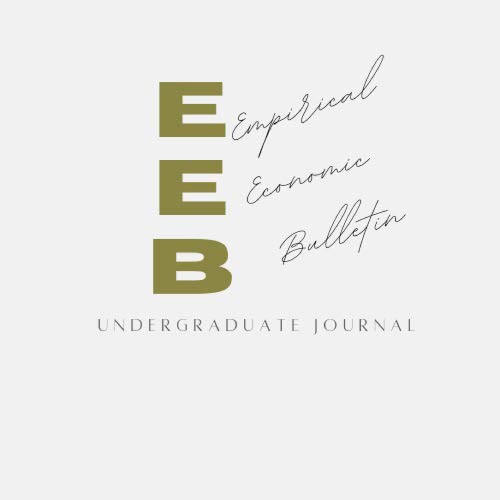
Abstract
This paper investigates the relationship between the existence of a state lottery and state education spending. When consumers participate in the lottery, it is often with the assumption that even if they lose, their money will be contributed to state funded programs like education. This study looks at ten states in the west that have a variety of lottery circumstances. Both education expenditure as a percent of total state expenditure and per pupil aid are used to measure education funding. This research also incorporates multiple independent variables to fully capture the determinants of education spending. The results of this study show that the existence of the lottery has no effect on education spending. Consumers should be aware that their participation in the lottery has no positive effect on education and therefore acknowledge that playing is purely for personal satisfaction.
Included in
Econometrics Commons, Growth and Development Commons, International Economics Commons, Other Economics Commons

